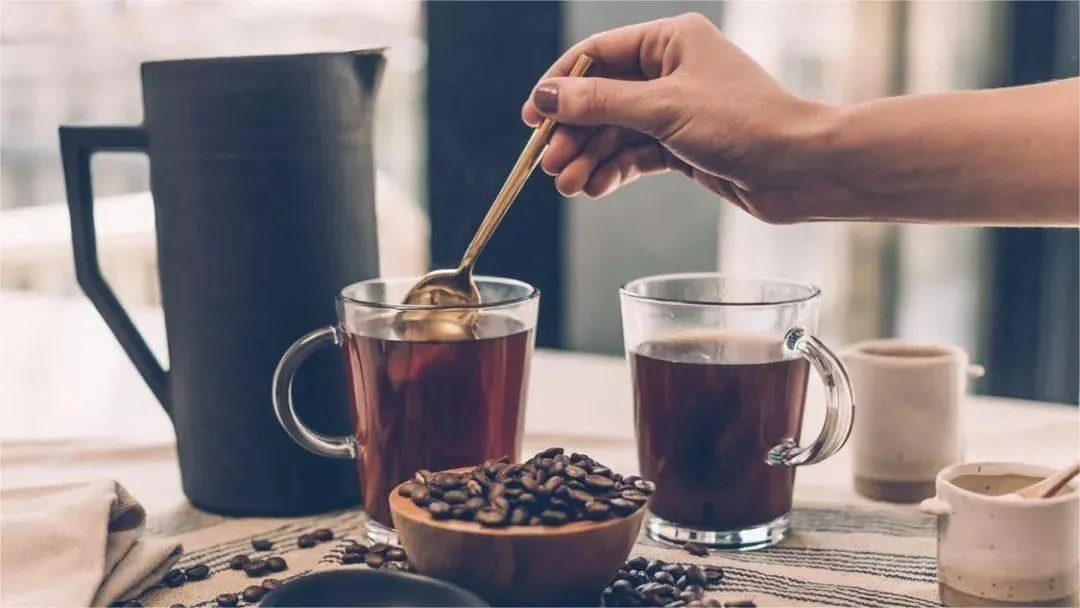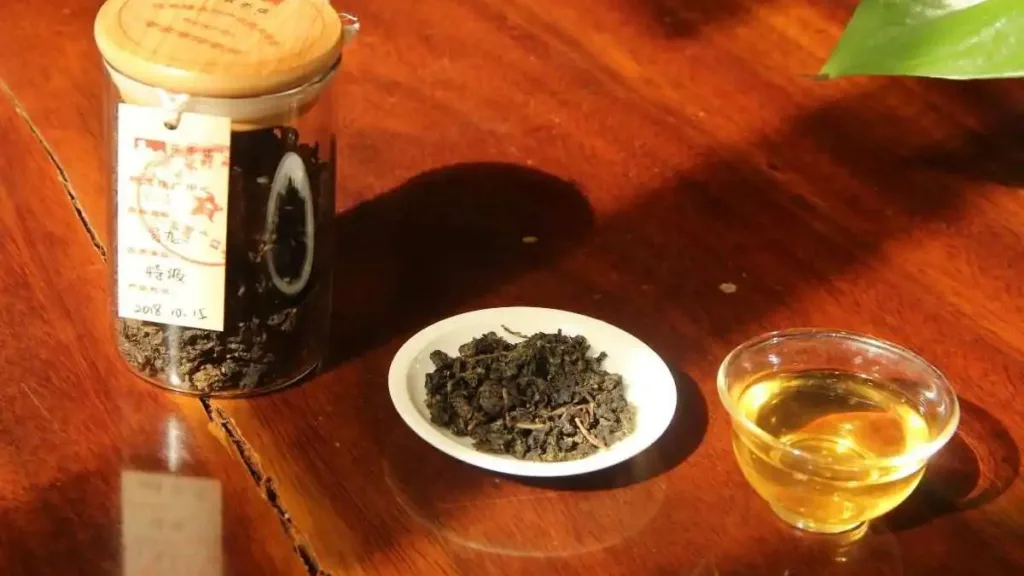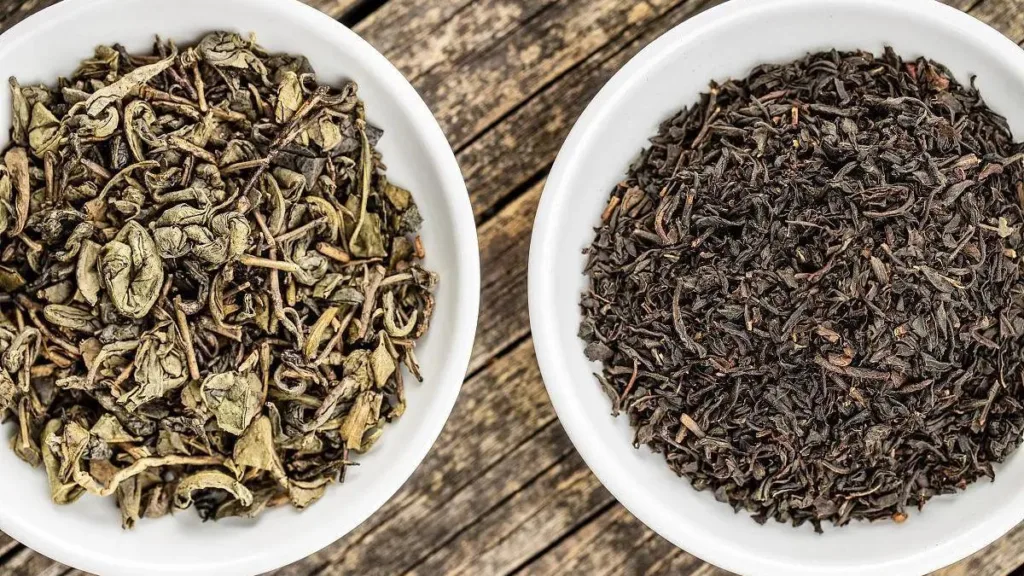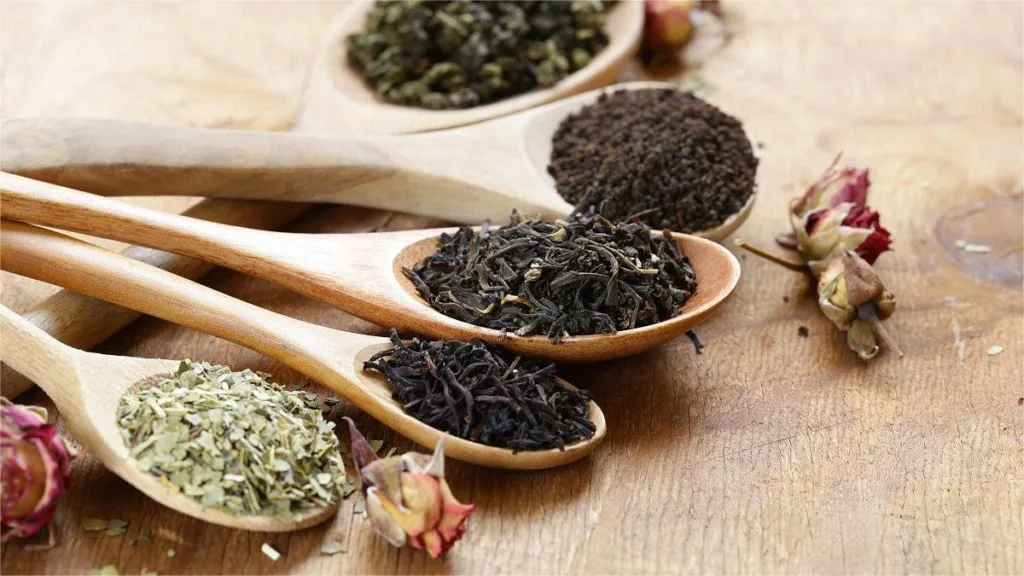China is a vast and diverse country with a rich history of tea consumption, but in recent years, coffee has gained popularity as well. The preference for tea or coffee in China varies depending on factors such as age, location, lifestyle, and personal taste.
1. Tea Tradition in China:
Tea has been an integral part of Chinese culture for thousands of years. China is widely considered the birthplace of tea, and various tea traditions have been established over centuries. Chinese people have a deep appreciation for the diverse range of teas, including green tea, black tea, oolong tea, white tea, and Pu-erh tea, each with its unique flavors, aromas, and health benefits.
In many Chinese households, it is customary to serve tea to guests as a sign of hospitality and respect. The traditional tea ceremony, such as the Gongfu tea ceremony, remains a popular practice, especially during special occasions or when entertaining guests.
2. Coffee’s Growing Popularity:
In recent years, there has been a notable increase in coffee consumption in China, especially among the younger generation and urban population. Coffee shops, both international chains like Starbucks and local brands, have proliferated in Chinese cities, reflecting the growing interest in coffee.
The appeal of coffee is multifaceted. It is often seen as a trendy beverage associated with modern urban lifestyles. Coffee shops provide cozy environments for studying, socializing, or working, and the availability of various coffee options, from lattes to espresso shots, appeals to those seeking diversity in their beverages.
3. Generational Differences:
Generational differences play a significant role in the preference for tea or coffee. Older generations in China tend to have a stronger attachment to traditional tea culture. They grew up with tea as a daily beverage and continue to appreciate its cultural and health benefits.
Younger Chinese individuals, on the other hand, are more open to trying new beverages, including coffee. They often view coffee as a symbol of global connectivity and modernity. The younger generation is more likely to visit coffee shops, enjoy specialty coffee drinks, and embrace coffee as part of their daily routines.
4. Regional Variations:
China’s vast geographical diversity also influences tea and coffee preferences. In regions like Yunnan and Fujian, where tea is grown, there is a strong tradition of tea consumption. In these areas, tea remains a dominant choice due to its local production and cultural significance.
In contrast, in cosmopolitan cities like Beijing, Shanghai, and Guangzhou, where international influences are more pronounced, coffee consumption is more common. The presence of numerous coffee shops and a more internationalized lifestyle contribute to this trend.
5. Health and Wellness Considerations:
Tea is often associated with health benefits in China. Many traditional Chinese medicines and practices incorporate tea, with green tea being particularly renowned for its potential health advantages. As a result, individuals who prioritize health and well-being may lean toward tea consumption.
However, coffee is not without its health appeal. Some studies suggest moderate coffee consumption may offer health benefits, and coffee shops in China often provide various non-coffee options, such as herbal teas and fruit-infused beverages, to cater to health-conscious customers.
In conclusion, whether Chinese people prefer to drink tea or coffee depends on various factors, including age, location, tradition, and personal preferences. While traditional tea culture remains deeply ingrained in China, coffee has made significant inroads, particularly in urban areas and among the younger generation.



